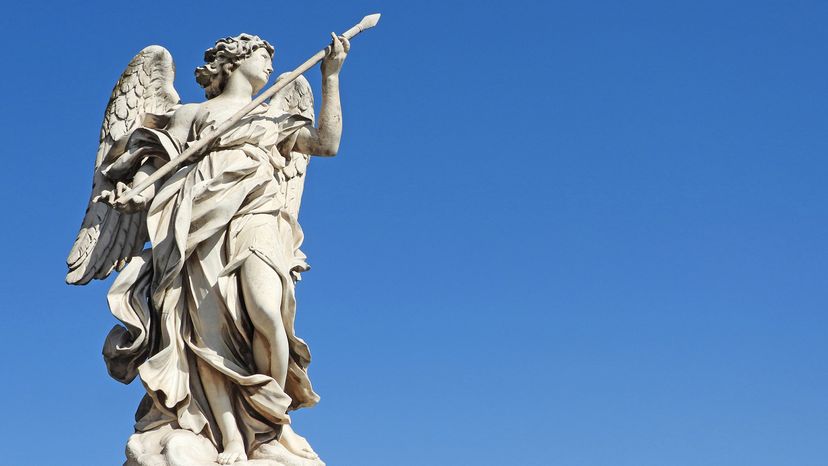
The Archangel Uriel is one of the seven angels who sit at the top of the heavenly food chain. He's one of seven archangels mentioned throughout Christian tradition. These archangels oversee God's legions of heavenly servants and help run the world as we know it.
Uriel means "God is my light." Despite his lower profile, Uriel plays a crucial role in religious lore as a figure of wisdom, illumination and prophecy. In many traditions, Uriel is associated with divine retribution, justice and the fire of God's righteous anger.
Advertisement
Unlike the Archangels Michael, Gabriel and Raphael, Uriel is not explicitly mentioned in the canonical books of the Bible, but he appears prominently in apocryphal texts and other religious writings. His image has endured throughout history, from ancient texts to modern prayers, especially in Eastern Orthodox traditions and esoteric Christian teachings.